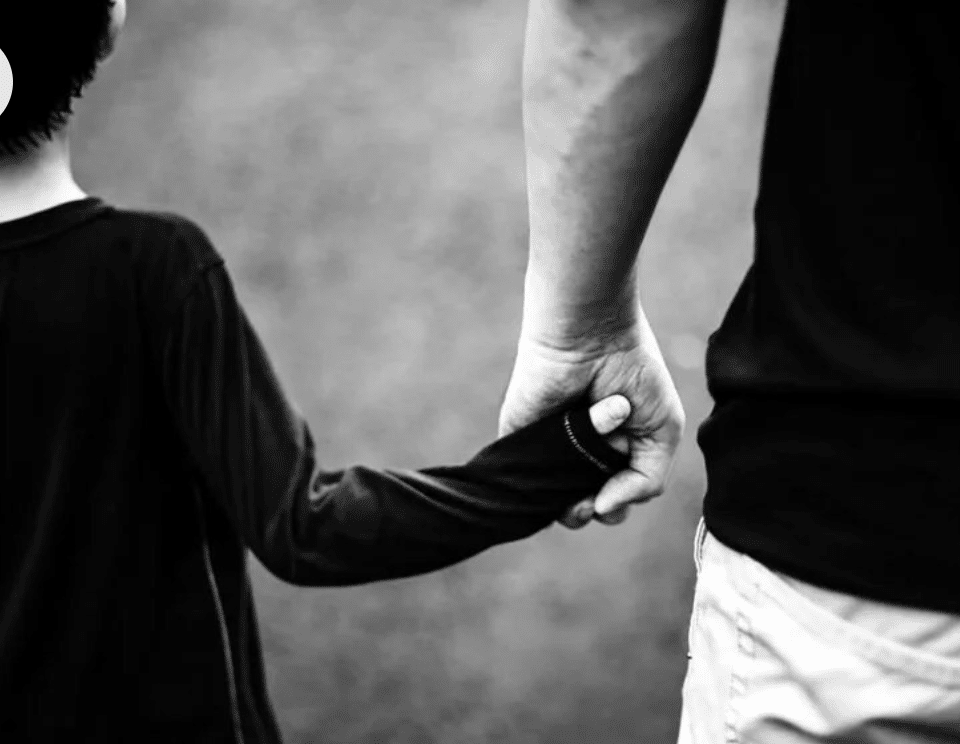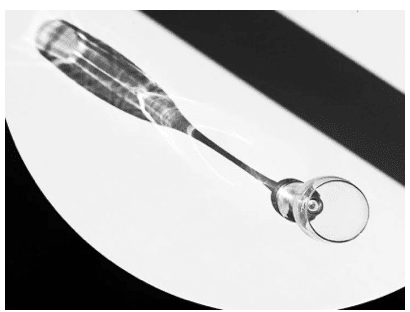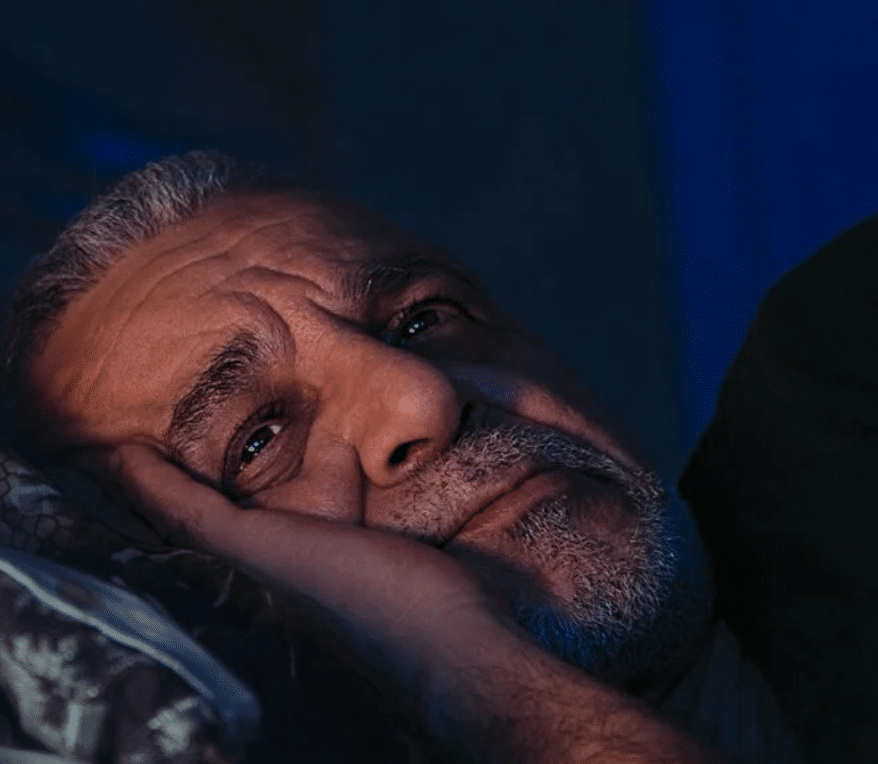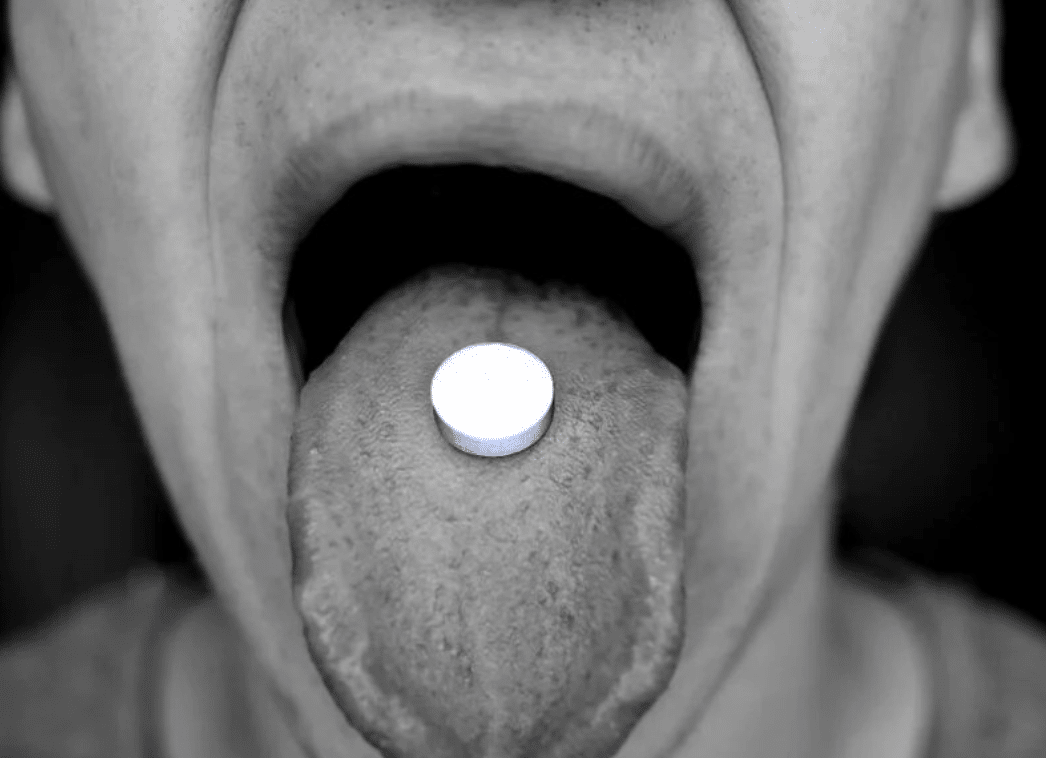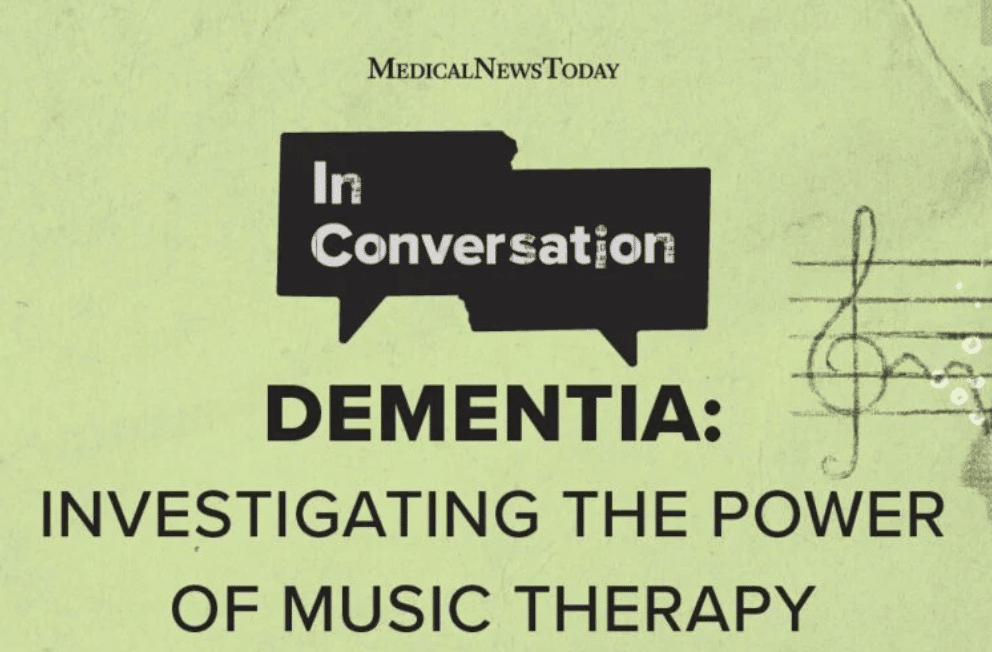Everything a person eats or drinks passes through the liver and is converted into energy or chemicals that allow the body to function normally.
An untreated hepatitis C infection can damage the liver and lead to cirrhosis, or scarring. If hepatitiscauses liver damage, a person may need to modify their diet.
How hepatitis C affects diet

Those with hepatitis C may benefit from eating a diet with a variety of vegetables, along with whole grains and sources of unsaturated fats.
Hepatitis C that affects a person’s diet will usually fall into one of the following categories:
- Interferon treatment: Side effects of this kind of treatment can include loss of appetite, nausea, vomiting, and sore mouth and throat.
- Cirrhosis: People with cirrhosis often have a loss of appetite and energy. They can become poorly nourished and may need to limit salt in their diet.
- Other medical conditions: Other medical conditions alongside hepatitis C can mean a change in diet. These conditions include high blood pressure, heart disease, diabetes, or kidney disease.
In most cases of hepatitis C, a special diet is not necessary. However, a poor diet combined with hepatitis C can lead to further liver damage.
Being overweight can lead to a fatty liver. When combined with hepatitis C, this can result in cirrhosis.
Drinking alcohol is another factor that can increase damage to the liver, so those with hepatitis C are advised to stop drinking alcohol or limit their intake.
Furthermore, people with hepatitis C are at an increased risk of developing diabetes. This means that a healthful diet is even more crucial for reducing body fat and controlling blood sugar.
A healthful diet can improve the liver health of a person with hepatitis C and reduce the chance of developing cirrhosis. Eating well helps keep the immune system strong to fight off illness.
How many pounds have you lost this month? At Dieta Efectiva you can lose 10-12 lbs your first week and 2 – 5 lbs every week after. Visit us dietaefectiva.net to learn more about our program
BG:NMT

